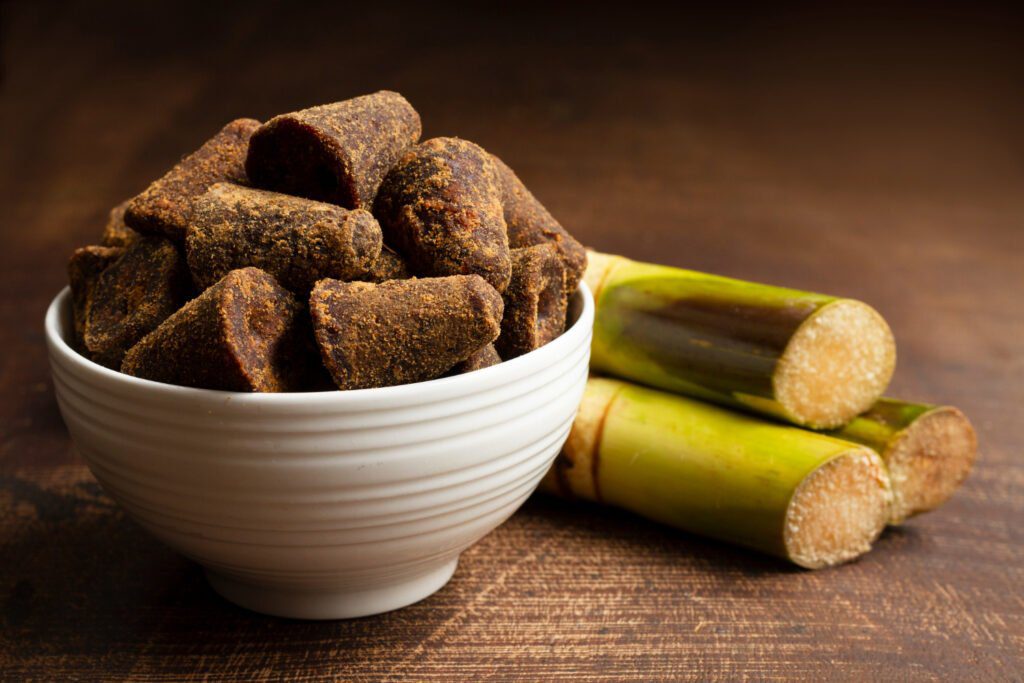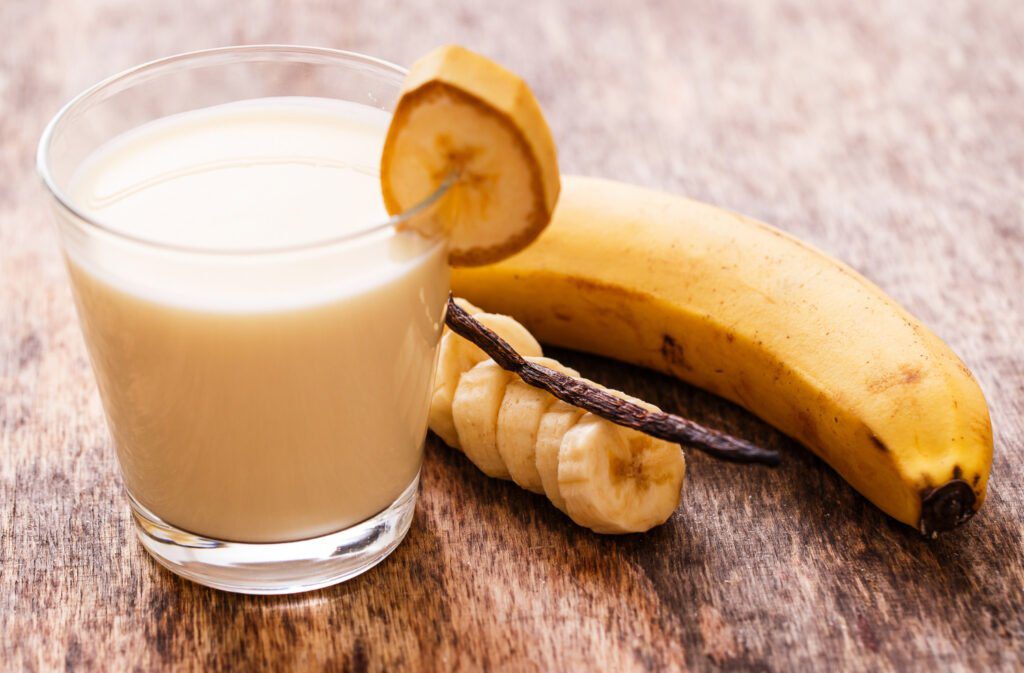In recent years, the popularity of fermented beverages has skyrocketed, with health-conscious individuals seeking alternatives to sugary sodas and artificially flavored drinks. Kombucha and Tepache have emerged as two prominent contenders in this market, both offering unique flavors and potential health benefits. Kombucha, a traditional fermented tea, and Tepache, a Mexican fermented pineapple beverage, have gained a loyal following for their probiotic content and potential positive impact on gut health.
However, when it comes to determining which of these two drinks is better for overall health, various factors need to be considered, including their nutritional profiles, potential side effects, and individual preferences. This article aims to delve into the attributes of Kombucha and Tepache, providing an informative comparison to help you make an informed decision about which beverage might be the best fit for your overall health goals.
What is Kombucha?
Kombucha is a fermented tea beverage that has gained popularity in recent years for its potential health benefits. It is made by adding a symbiotic culture of bacteria and yeast, known as a SCOBY, to sweetened tea. The SCOBY consumes the sugar, producing organic acids, vitamins, minerals, and a slight amount of alcohol. The fermentation process can take anywhere from a few days to a couple of weeks, resulting in a tangy and slightly fizzy drink.
nutritional value of Kombucha.
- Probiotics: Kombucha contains live bacteria and yeast that can help promote a healthy gut flora and improve digestion.
- Antioxidants: Kombucha is rich in antioxidants, which can help protect the body against oxidative stress and reduce the risk of chronic diseases.
- Vitamins and minerals: It contains small amounts of vitamins B1, B2, B3, B6, B9, and B12, as well as minerals like iron, manganese, and zinc.
- Acetic acid: Kombucha is a source of acetic acid, which can have antimicrobial properties and may help control harmful bacteria in the body.
- Polyphenols: It contains various polyphenols, such as catechins, which have been linked to potential health benefits like reducing inflammation and improving heart health.
- Low in sugar: While the sugar content may vary depending on the fermentation process, properly brewed kombucha typically has a low sugar content compared to other beverages.
- Detoxification: Some believe that kombucha can help with detoxification, although more research is needed to confirm these claims.
benefits of Kombucha.
Kombucha, a fermented tea beverage, has gained popularity in recent years due to its potential health benefits. Here are some of the benefits of including Kombucha in your diet:

1. Gut Health.
Kombucha is rich in probiotics, which are beneficial bacteria that promote a healthy gut. These probiotics can help improve digestion, enhance nutrient absorption, and support a balanced microbiome in the intestines. A healthy gut is crucial for overall well-being and can contribute to improved immunity and mental health.
2. Detoxification.
Kombucha is known to contain various enzymes and organic acids, such as glucuronic acid, that aid in detoxification. These substances help the liver in breaking down and eliminating toxins from the body, leading to a healthier system.
3. Increased Energy and Vitality.
Kombucha contains B vitamins, which are essential for energy production and maintaining overall vitality. These vitamins help convert food into energy, support brain function, and contribute to healthy cell metabolism. Regular consumption of Kombucha can provide a natural energy boost without the crash associated with sugary drinks or caffeine.
4. Antioxidant Properties.
Kombucha contains antioxidants, such as polyphenols, that help neutralize harmful free radicals in the body. By reducing oxidative stress, these antioxidants help protect cells from damage, which may play a role in reducing the risk of chronic diseases, including heart disease and certain types of cancer.
5. Improved Immunity.
The probiotics found in Kombucha can also support immune function. These beneficial bacteria help modulate the immune response, promoting a balanced and robust immune system. By strengthening the body’s defenses, regular consumption of Kombucha may help reduce the risk of infections and support faster recovery from illnesses.
6. Joint Health.
Kombucha contains glucosamines, which are natural compounds that support joint health and reduce joint pain. Glucosamines are known to stimulate the production of collagen, a protein essential for maintaining healthy cartilage, tendons, and ligaments. Regular consumption of Kombucha may be beneficial for individuals with arthritis or joint-related issues.
7. Mental Well-being.
The gut-brain connection is a growing area of research, and maintaining a healthy gut is believed to positively impact mental health. As Kombucha supports gut health through its probiotic content, it may indirectly contribute to improved mood, reduced stress, and enhanced cognitive function.
| 💡 Tips FitMeMore.com It’s important to note that while Kombucha offers potential benefits, individual experiences may vary, and it’s always advisable to consult a healthcare professional before making significant changes to your diet. |
Side Effects of Kombucha.
Kombucha, a fermented tea beverage, has gained popularity in recent years due to its potential health benefits. However, like any other consumption, it is important to be aware of the potential side effects that may arise from regularly consuming kombucha. While many individuals may tolerate kombucha well, others may experience adverse reactions. Here are some potential side effects of kombucha:
1. Digestive Issues.
One of the most commonly reported side effects of kombucha is digestive discomfort. This can manifest as bloating, gas, stomach cramps, or diarrhea. The high acidity and presence of probiotics in kombucha may contribute to these symptoms, especially for those with sensitive stomachs or underlying digestive conditions.
2. Allergic Reactions.
Some individuals may develop an allergic reaction to kombucha. This can range from mild symptoms like itchiness, hives, or swelling, to more severe reactions such as difficulty breathing or anaphylaxis. Those with a history of allergies or sensitivities to similar fermented products should exercise caution when consuming kombucha.
3. Excessive Sugar Intake.
Kombucha is typically made with added sugar, which is consumed by the yeast during the fermentation process. However, this can lead to a high sugar content in the final product. Drinking too much kombucha can contribute to an increased intake of sugar, potentially leading to weight gain, tooth decay, or an exacerbation of existing health conditions such as diabetes.
4. Alcohol Content.
Kombucha is a fermented beverage, and as such, it naturally contains a small amount of alcohol. While most commercially available kombuchas have an alcohol content below 0.5%, individuals who are sensitive to alcohol or those who must strictly avoid it (such as pregnant women or individuals with liver conditions) should be cautious when consuming kombucha.
5. Interference with Medications.
Kombucha contains various organic acids and compounds that may interact with certain medications. It is crucial to consult with a healthcare professional before incorporating kombucha into your routine, especially if you are taking medications such as anticoagulants, immune-suppressants, or drugs for managing diabetes or high blood pressure.
6. Risk of Contamination.
Homemade or improperly brewed kombucha can pose a risk of contamination by harmful bacteria or molds. Ingesting contaminated kombucha can lead to food poisoning, digestive issues, or other infections. It is advisable to purchase commercial brands or ensure proper hygiene and brewing techniques if preparing kombucha at home.
| 💡 Tips FitMeMore.com It is worth noting that the majority of individuals can consume kombucha without experiencing any adverse effects. However, it is crucial to be mindful of the potential side effects and to listen to your body. If you have any concerns or pre-existing health conditions, it is always recommended to consult with a healthcare professional before incorporating kombucha into your diet. |
What is Tepache?
Tepache is a traditional Mexican fermented beverage that has been enjoyed for centuries. It is made by fermenting pineapple peels, along with brown sugar, cinnamon, and sometimes other spices, in water. The resulting drink is slightly sweet, tangy, and effervescent, with a distinct tropical flavor. Tepache is typically served chilled and garnished with fresh pineapple or a sprinkle of chili powder for an added kick.

nutritional value of Tepache.
- Tepache is a traditional Mexican fermented pineapple drink.
- It is low in calories, with approximately 150 calories per 12-ounce serving.
- Tepache is a good source of vitamin C, providing about 25% of the daily recommended intake in a single serving.
- It contains enzymes like bromelain, which aids in digestion and has potential anti-inflammatory properties.
- Tepache is rich in antioxidants, which help protect the body against damage from free radicals.
- It is a natural source of probiotics, as the fermentation process creates beneficial bacteria that support gut health.
- Tepache is also a good source of manganese, a mineral that plays a role in energy metabolism and bone health.
- It contains small amounts of other vitamins and minerals like vitamin B6, folate, potassium, and magnesium.
- However, it is important to note that the nutritional value may vary depending on the specific recipe and ingredients used to make Tepache.
benefits of Tepache.
Tepache, a traditional Mexican fermented beverage, offers a plethora of benefits that make it a beloved and cherished drink among many. Here are some of the remarkable advantages of consuming tepache:
1. Probiotic-rich.
Tepache is naturally fermented, which means it is teeming with beneficial bacteria that promote a healthy gut microbiome. These probiotics aid in digestion, improve nutrient absorption, and support overall gut health.
2. Nutrient-dense.
Tepache is made from pineapple peels, which are often discarded, but they actually contain a significant amount of vitamins, minerals, and antioxidants. By fermenting the peels, these nutrients become more accessible, allowing you to enjoy the health benefits of pineapple in a concentrated form.
3. Boosts immune system.
Pineapple, the main ingredient in tepache, is loaded with vitamin C, which is essential for a robust immune system. Regular consumption of tepache can help strengthen your body’s defenses, making you less susceptible to common illnesses.
4. Anti-inflammatory properties.
Pineapple contains bromelain, an enzyme known for its anti-inflammatory properties. By incorporating tepache into your diet, you can potentially reduce inflammation in the body, which is beneficial for those suffering from conditions such as arthritis or chronic inflammation.
5. Hydration and detoxification.
Tepache is a refreshing and hydrating beverage, making it an excellent choice to quench your thirst. Additionally, it acts as a mild detoxifier, helping to flush out toxins from the body and promote overall detoxification.
6. Improved digestion.
The fermentation process of tepache breaks down complex sugars and makes them easier to digest. This can be particularly beneficial for individuals with digestive issues or those who struggle with bloating, as tepache can help alleviate these discomforts.
7. Mood-enhancing effects.
Pineapple contains significant amounts of serotonin, a neurotransmitter that plays a crucial role in mood regulation. Drinking tepache may contribute to an increase in serotonin levels, potentially boosting your mood and promoting feelings of happiness and well-being.
8. Sustainable practice.
Consuming tepache is an environmentally friendly choice as it utilizes pineapple peels that would otherwise go to waste. By reducing food waste, you indirectly contribute to a more sustainable food system and help minimize the overall environmental impact.
| 💡 Tips FitMeMore.com Incorporating tepache into your daily routine can provide you with a wide array of benefits, both for your overall health and the environment. So, why not indulge in this delicious and nutritious beverage? |
Side Effects of Tepache.
Tepache is a traditional Mexican fermented pineapple beverage that has gained popularity worldwide. While it is generally safe to consume, like any other food or drink, tepache may have some side effects for certain individuals. It is important to be aware of these potential side effects, although they are generally mild and rare. Here are some possible side effects associated with consuming tepache:
1. Allergic reactions.
Some individuals may have an allergic reaction to the ingredients used in tepache, such as pineapple or certain spices. Symptoms of an allergic reaction may include itching, hives, swelling, or difficulty breathing. If you experience any of these symptoms after consuming tepache, it is advisable to seek medical attention immediately.
2. Digestive issues.
Due to its fermentation process, tepache contains live bacteria and yeast, which can have a probiotic effect on the digestive system. However, for individuals with sensitive stomachs or those who are not accustomed to consuming fermented foods, tepache may cause digestive discomfort, such as bloating, gas, or diarrhea.
3. Alcohol content.
Tepache is traditionally made by fermenting pineapple with water, sugar, and sometimes spices. During the fermentation process, the natural sugars in pineapple are converted into alcohol. While the alcohol content in tepache is generally low, it can vary depending on the fermentation time and conditions. Individuals who are sensitive to alcohol or those who need to avoid alcohol consumption should be cautious when consuming tepache.
4. Blood sugar levels.
Tepache is naturally sweetened with pineapple and sugar, which can potentially affect blood sugar levels. Individuals with diabetes or those who need to monitor their blood sugar levels should consume tepache in moderation or consult with their healthcare provider before adding it to their diet.
5. Weight gain.
Tepache, like many sweetened beverages, contains calories from sugar. Regular consumption of high-calorie drinks like tepache without considering overall calorie intake may contribute to weight gain or hinder weight loss efforts.
| 💡 Tips FitMeMore.com It is important to note that these side effects are generally rare and often depend on an individual’s specific health condition, tolerance, or consumption habits. As always, it is recommended to consume tepache in moderation and listen to your body’s response. If you have any concerns or experience persistent side effects, it is advised to consult with a healthcare professional for personalized advice. |
Kombucha vs Tepache: Which is better for Overall Health?
When it comes to choosing between kombucha and tepache for overall health benefits, both fermented beverages offer unique advantages. Kombucha, a fermented tea, is known for its probiotic content, which can promote gut health and digestion.
It is also rich in antioxidants, B vitamins, and organic acids, which may boost the immune system and aid in detoxification. On the other hand, tepache, a Mexican fermented pineapple drink, is naturally high in vitamin C, enzymes, and minerals.
Its pineapple base provides bromelain, an enzyme that aids digestion and has anti-inflammatory properties. Additionally, tepache is often made with cinnamon and other spices, which offer their own set of health benefits.
Ultimately, the choice between kombucha and tepache depends on personal preference and health goals. Both can be enjoyed as part of a balanced diet to support overall health and well-being.
Bottom Line.
both Kombucha and Tepache offer unique flavors and potential health benefits. Kombucha, with its fermented tea base, provides a refreshing and tart taste along with probiotics that support gut health. Tepache, on the other hand, offers a tangy and sweet flavor derived from fermented pineapple rinds, providing a natural source of vitamins and enzymes.
While Kombucha has gained popularity in recent years, Tepache offers a traditional Mexican alternative that is worth exploring. Ultimately, the choice between Kombucha and Tepache comes down to personal preference and desired health benefits. Whichever one you choose, both beverages can be enjoyed as a delightful and invigorating addition to your daily routine.

 Workout
Workout
 Meditation
Meditation





 Contact Us
Contact Us













